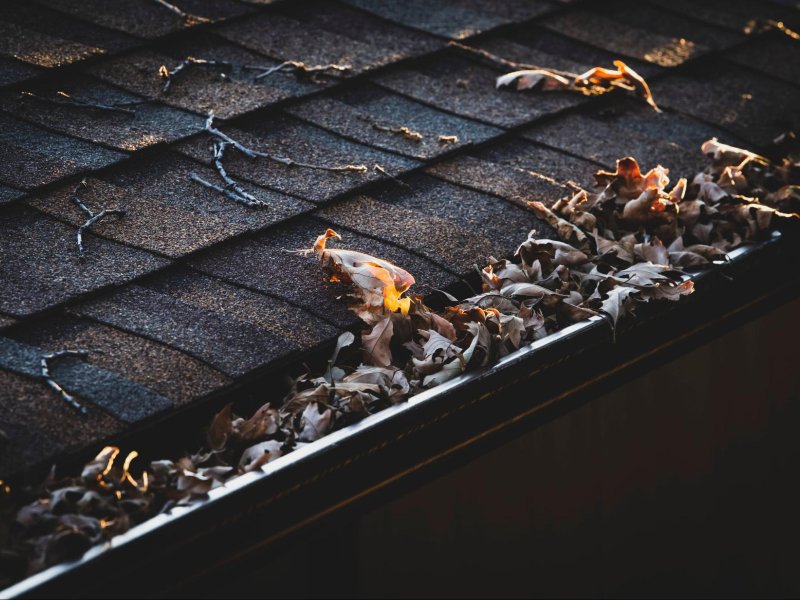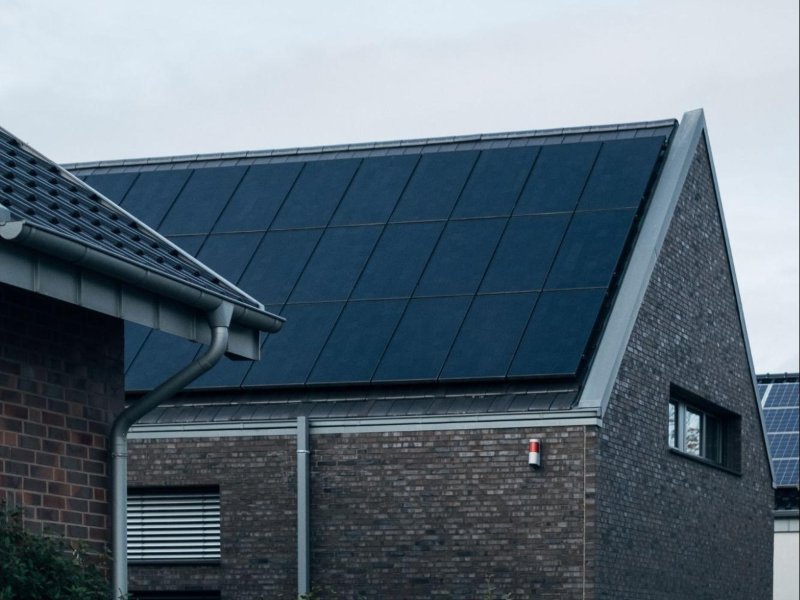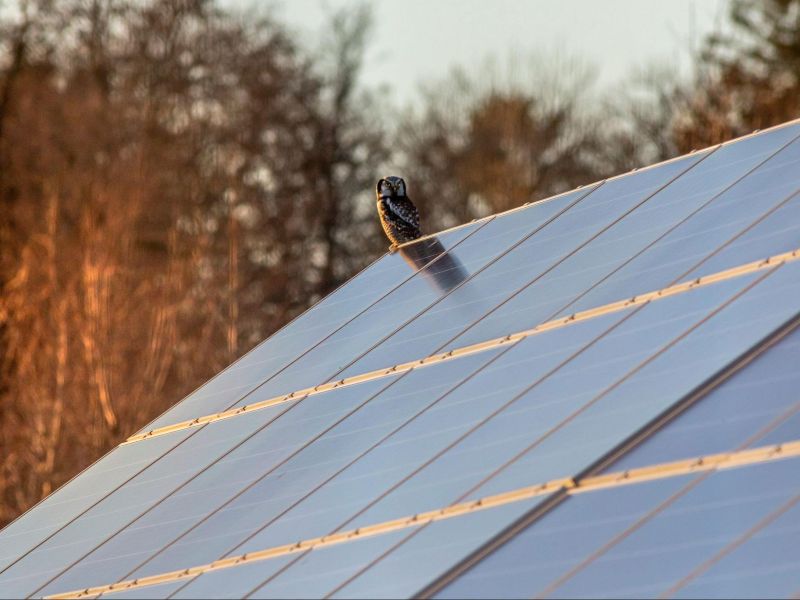When it comes to cleaning the exterior of your home or business, two popular methods often come into play: pressure washing and soft washing. Both techniques are effective for removing dirt, grime, mold, and other contaminants, but they differ significantly in terms of pressure, water flow, and the types of surfaces they are suitable for. In this article, we’ll explore the differences between pressure washing and soft washing, their respective advantages and disadvantages, and how to determine which method is right for your specific needs.
Understanding Pressure Washing
Pressure washing, also known as power washing, is a cleaning method that uses high-pressure water spray to remove dirt, mold, mildew, and other contaminants from hard surfaces. It relies on a specialized machine that pumps water at a high pressure, typically ranging from 1,500 to 4,000 pounds per square inch (psi), depending on the equipment.
Advantages of Pressure Washing:
- Effective on Hard Surfaces: Pressure washing is highly effective for cleaning hard and durable surfaces such as concrete driveways, sidewalks, brick walls, and metal surfaces.
- Removes Stubborn Stains: The high-pressure stream can effectively remove deeply ingrained stains, such as oil, grease, and graffiti, from surfaces.
- Quick and Efficient: Pressure washing is a fast and efficient method for cleaning large outdoor areas, making it ideal for commercial properties and large homes.
- Ideal for Preparation: It’s often used as a preparation step before painting or applying new coatings on surfaces like decks or patios.
Disadvantages of Pressure Washing:
- Damage Risk: Pressure washing, if not done correctly, can damage certain surfaces. Delicate materials like wood, asphalt shingles, and some types of siding can be harmed by the high pressure.
- Surface Erosion: The high pressure can cause surface erosion, especially on softer stones or bricks, and may affect the surface finish of some metals.
- Risk of Injury: Operating a pressure washer requires proper training and safety precautions. The powerful stream of water can cause injuries if mishandled.
Understanding Soft Washing
Soft washing is a more gentle and specialized cleaning method that uses low-pressure water spray and a mixture of water, cleaning agents, and detergents to clean exterior surfaces. The water pressure in soft washing is typically under 1,000 psi, and the process relies more on the cleaning solution’s chemical action than on the water pressure.
Advantages of Soft Washing:
- Safe for Delicate Surfaces: Soft washing is safe for cleaning delicate materials like wood, vinyl siding, asphalt shingles, stucco, and painted surfaces, as it uses low pressure and relies on chemical action.
- Effective on Organic Stains: It’s particularly effective at removing organic stains like mold, mildew, algae, and lichen, as the cleaning agents are designed to kill these organisms at their roots.
- Long-Lasting Results: The cleaning agents used in soft washing leave behind a protective residue that helps prevent the return of contaminants, providing longer-lasting results.
- Environmentally Friendly: Soft washing is environmentally friendly as it uses fewer gallons of water compared to pressure washing and relies on biodegradable cleaning solutions.
Disadvantages of Soft Washing:
- Not Suitable for All Surfaces: While soft washing is ideal for delicate surfaces, it may not be as effective on hard materials like concrete or metal, which benefit from the higher pressure of pressure washing.
- Professional Equipment: Soft washing requires specialized equipment and the proper mixture of cleaning agents, making it less suitable for DIY projects.
- Potential for Staining: If the cleaning agents are not used correctly, they may stain certain surfaces or vegetation.
How to Choose Between Pressure Washing and Soft Washing
When deciding between pressure washing and soft washing, consider the following factors:
1. Surface Material: The first consideration is the material of the surface you want to clean. Hard and durable surfaces are better suited for pressure washing, while delicate or porous materials are ideal for soft washing.
2. Type of Contaminant: Consider the type of contaminants you need to remove. For organic stains like mold, mildew, or algae, soft washing is often more effective. For hard-to-remove stains like grease or paint, pressure washing is a better choice.
3. Environmental Concerns: If you have environmental concerns, soft washing is the more eco-friendly option as it uses fewer gallons of water and relies on biodegradable cleaning agents.
4. Safety and Expertise: Pressure washing equipment can be more powerful and potentially dangerous if not handled correctly. Soft washing, on the other hand, is generally safer and suitable for those with less experience.
5. Equipment and Budget: Pressure washing equipment can be less expensive to purchase or rent for DIY projects. Soft washing may require more specialized equipment and the use of cleaning solutions, which can add to the cost.
6. Professional vs. DIY: Consider whether you want to tackle the project yourself or hire a professional. Some homeowners prefer to hire a professional service for soft washing to ensure the job is done correctly, while they may attempt pressure washing on their own.
7. Long-Term Results: Think about how long you want the cleaning results to last. Soft washing often provides longer-lasting results due to the residual protection left by the cleaning agents.
Conclusion
Both pressure washing and soft washing are effective methods for cleaning the exterior of your home or business, but they have different applications based on the type of surface, the contaminants to be removed, and your specific needs. The choice between these two methods ultimately depends on the material you want to clean, the environmental considerations, your budget, and whether you’re comfortable with DIY projects or prefer to hire a professional service. Understanding the differences between pressure washing and soft washing allows you to make an informed decision and ensure your exterior surfaces remain clean, attractive, and well-maintained.







